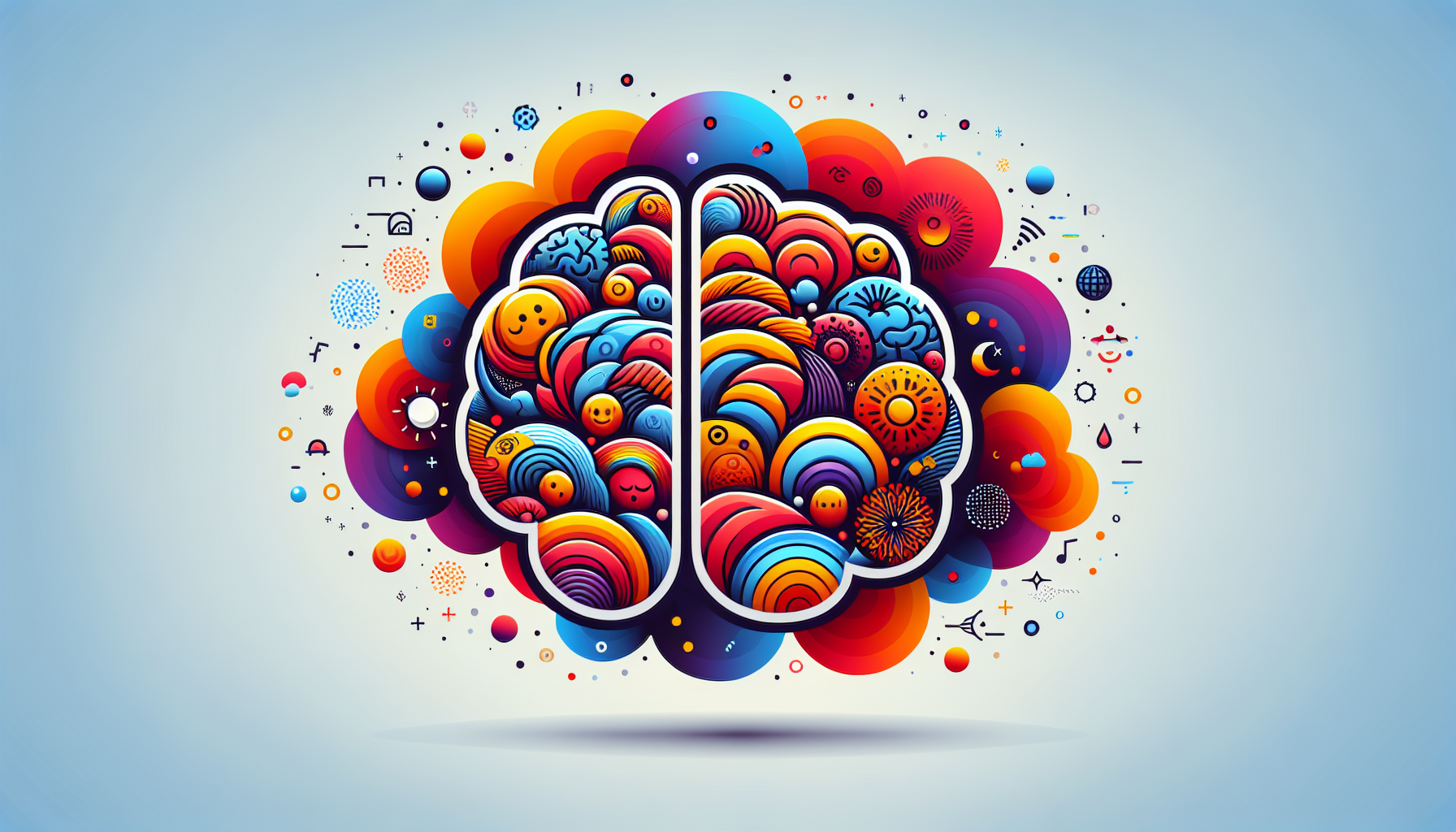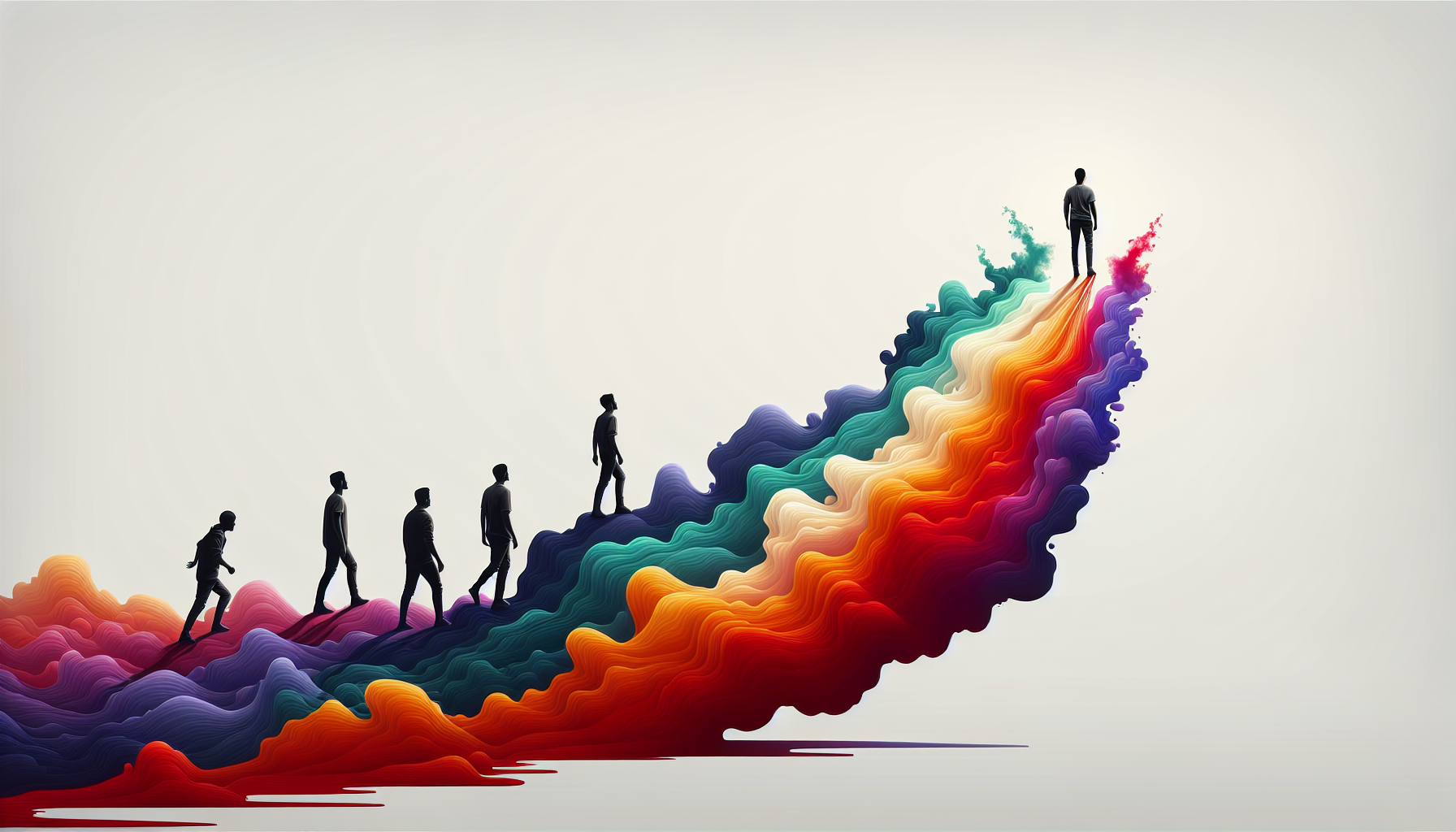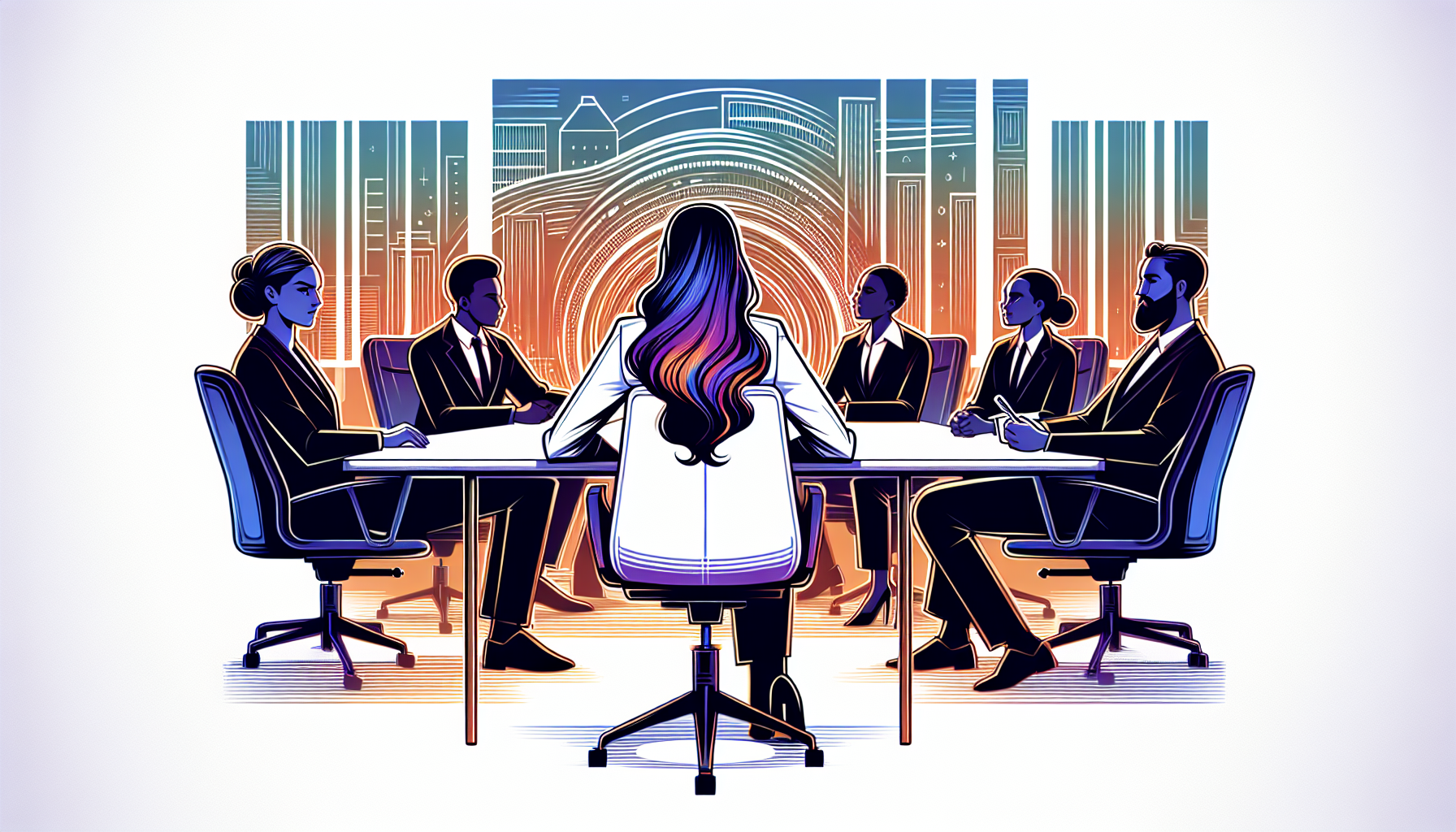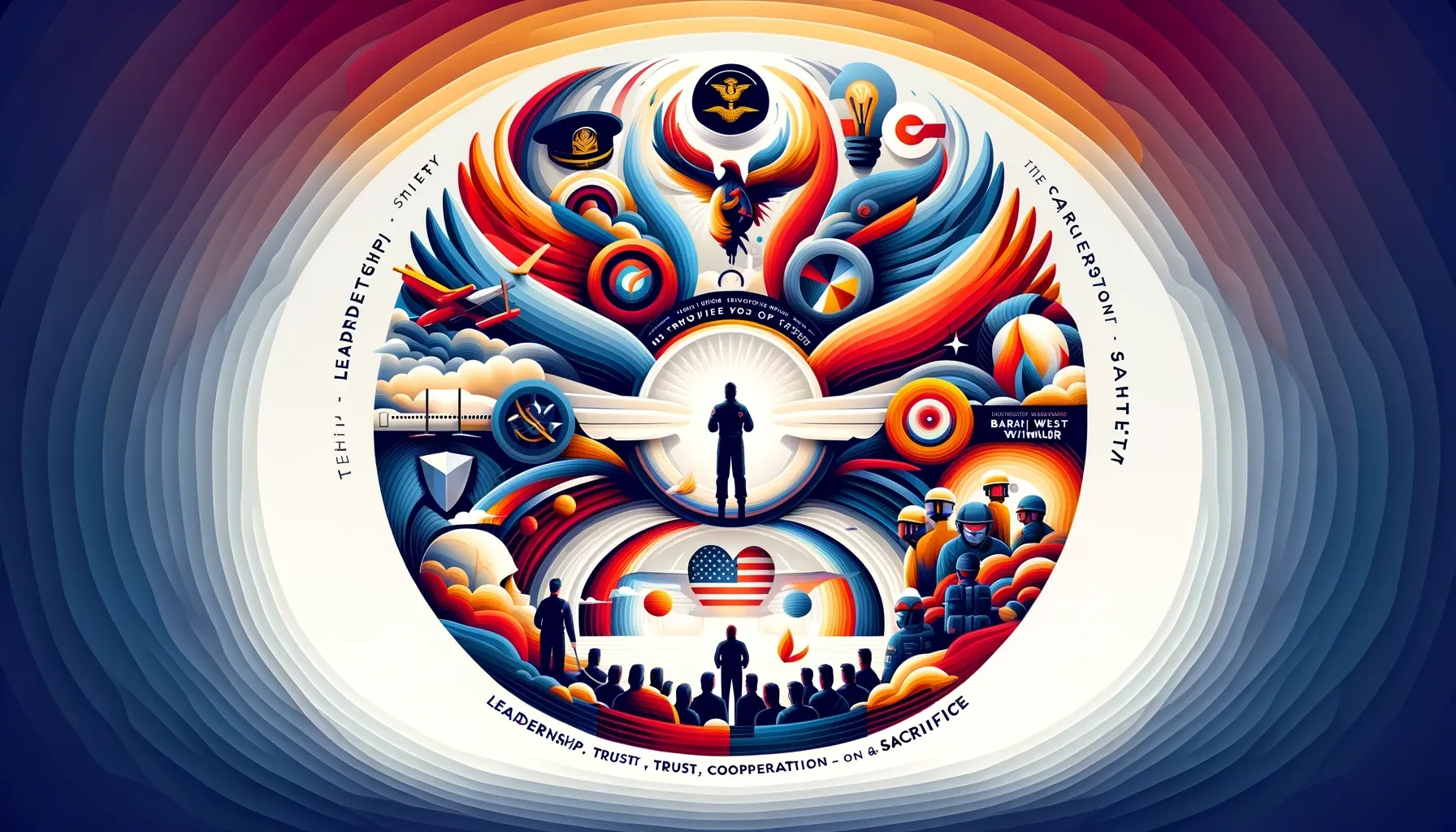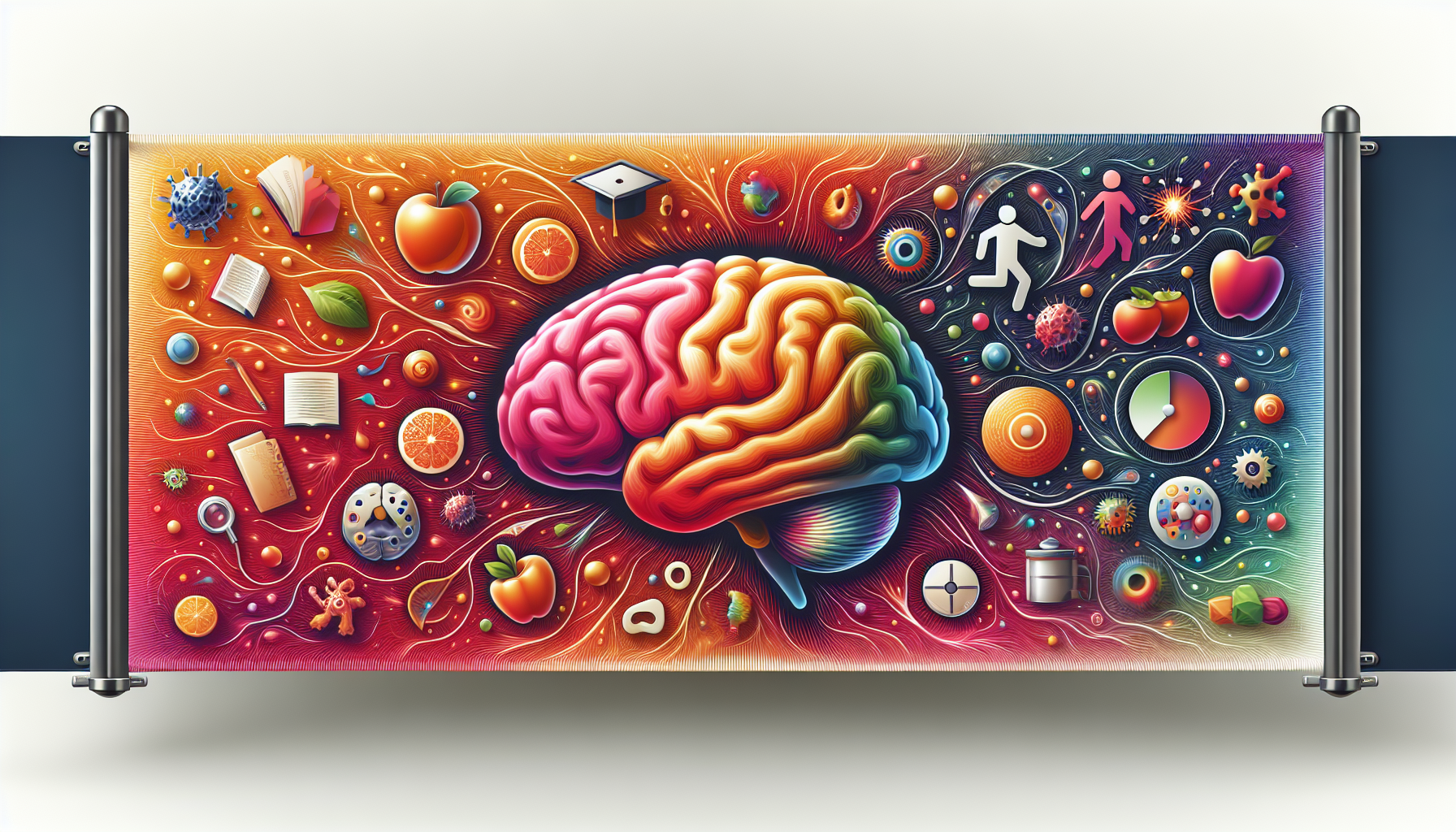On this page
Dan Gilbert's TED talk discusses the evolution of the human brain, specifically the development of the prefrontal cortex which allows humans to simulate experiences before they occur. It highlights the 'impact bias', a cognitive bias where humans overestimate the emotional impact of future events, and introduces the concept of a 'psychological immune system' that enables humans to adjust their perspectives and feel better about their circumstances. It presents case studies of individuals who found happiness despite adversity and explores the idea of 'synthetic' happiness, which is the happiness we create when we don't get what we want, challenging the societal belief that it is inferior to 'natural' happiness. The content also discusses the economic implications of this perspective on happiness and presents scientific evidence supporting the concept of synthetic happiness.

How does it apply to you?
Understanding the concept of synthetic happiness can help us better navigate life's ups and downs, and realize that we have the power to create our own happiness. This knowledge can be applied in personal development, mental health awareness, and educational settings to promote a more balanced and resilient approach to life.
Applied Learning to Developer Enablement
Understanding the concept of the prefrontal cortex as an experience simulator can be applied in the realm of software development and learning in a software development organization. The ability to simulate experiences before they happen can be compared to the practice of creating prototypes or running simulations before the actual development begins. This can help in predicting the outcomes of certain programming approaches and prevent major issues down the line.
The idea of 'impact bias' can also be applied in project management within software development. Teams often overestimate the impact of potential failures or setbacks. Understanding this bias can help in creating more realistic project timelines and expectations.
The 'psychological immune system' can be a useful concept in maintaining a positive work environment. Recognizing that humans can synthesize happiness can help in stress management and maintaining morale, even in the face of setbacks or failures.
The 'free choice paradigm' and the synthesis of happiness can be applied to user experience design in software development. Knowing that users tend to prefer what they own can inform design decisions and marketing strategies.
Developer Checklist
Software Development Practices
Summary
Evolution and the Human Brain
Over two million years, the human brain has nearly tripled in size, going from the one-and-a-quarter-pound brain of our ancestor Homo habilis to the almost three pound brain humans have today. This rapid growth resulted in new structures, specifically the enlargement of the frontal lobe and the development of the prefrontal cortex. The prefrontal cortex, a critical part of the human brain, functions as an experience simulator, allowing humans to simulate experiences in their minds before they occur in reality. This unique ability sets humans apart from other animals and has contributed significantly to human evolution and the development of modern society.
The Prefrontal Cortex as an Experience Simulator
The prefrontal cortex allows humans to simulate experiences before they happen. This is compared to flight simulators used by pilots to practice before flying real planes. This ability to 'pre-experience' events is a powerful adaptation, allowing humans to predict the outcomes of their actions without physical trial-and-error. This capability has been instrumental in human evolution, comparable in importance to opposable thumbs, upright stance, and language.
The Impact Bias
Research has revealed a common cognitive bias known as the 'impact bias'. This refers to the tendency for humans to overestimate the intensity and duration of emotional reactions to future events. Studies show that experiences such as winning or losing an election, gaining or losing a romantic partner, or passing or failing a test, have far less impact, less intensity, and less duration than people expect. Even major life traumas have little impact on happiness if they occurred more than three months ago.
The Psychological Immune System
Humans possess a 'psychological immune system', a system of largely non-conscious cognitive processes that help them change their views of the world, enabling them to feel better about their circumstances. This psychological adaptation allows humans to synthesize happiness, even though people often perceive happiness as something external to be found or pursued. People are often unaware of their capacity to synthesize happiness, leading to a disconnect between perceived and actual sources of happiness.
Introduction to Case Studies
The content begins by introducing two individuals who express contentment and happiness despite their difficult past experiences. The first is Jim Wright, a former chairman of the House of Representatives who resigned in disgrace due to a scandal. Despite losing his power and wealth, he claims to be better off in every way. The second person is Maurice Vick, who spent 37 years in prison for a crime he didn't commit. Upon his release, he expressed no regret and even described his experience as 'glorious'.
More Case Studies
The content continues with more examples of individuals who found happiness in unexpected ways. One example is of a man named Harry who missed out on a chance to franchise McDonald's because his brother didn't believe in the idea. Another example is Pete Best, the original drummer for The Beatles, who despite being replaced by Ringo Starr, claims to be happier than he would have been with the band.
The Secret of Happiness
The speaker humorously suggests that the secret to happiness includes losing wealth, power, and prestige, spending time in prison, making someone else rich, and not joining The Beatles. The idea is that these individuals synthesized their own happiness despite not getting what they initially desired.
Natural vs Synthetic Happiness
The content delves into the concept of 'natural' happiness (happiness that comes from getting what we want) and 'synthetic' happiness (happiness that we create when we don't get what we want). The speaker challenges the societal belief that synthetic happiness is inferior to natural happiness, arguing that not getting what we want can make us just as happy as getting it.
Economic Perspective on Happiness
The speaker posits that our societal belief in the superiority of natural happiness over synthetic happiness stems from an economic perspective. If people were satisfied with not getting what they want, it could potentially disrupt economic activity because there would be less desire for consumption.
Scientific Evidence for Synthetic Happiness
The speaker presents a scientific experiment known as the 'free choice paradigm' as evidence for the validity of synthetic happiness. In this experiment, subjects are asked to rank objects (in this case, Monet prints) from most to least liked, and are then given a choice between the prints they ranked third and fourth.
Synthesis of Happiness
The synthesis of happiness is a psychological occurrence where individuals adjust their perspective of certain situations or objects to perceive them more positively. This can manifest when a person prefers an item they own over one they don't, even if they don't consciously realize they own it. This phenomenon has been observed in various experiments, showing that happiness can be synthesized or created based on our perceptions and attitudes.
Experiment with Amnesiac Patients
An experiment conducted on patients with anterograde amnesia, a condition preventing them from forming new memories, demonstrated the synthesis of happiness. The patients were asked to rank Monet prints and choose one to keep. Despite not remembering the choice they made, the patients consistently liked their chosen print more when asked to rank the prints again. This suggests that the synthesis of happiness genuinely changes a person's reactions and preferences, even without conscious memory of the choice made.
Variations in Synthesizing Happiness
While everyone has the capacity to synthesize happiness, some individuals and situations are more conducive to this process than others. Freedom to make and change decisions is beneficial for natural happiness, as it allows for choice among potential futures. However, this freedom can hinder synthetic happiness, which often thrives when individuals are stuck or trapped in a situation and adjust their perspectives to find happiness in their circumstances.
Psychological Immune System
The psychological immune system is a concept referring to the mind's ability to adapt to adverse situations and find happiness. This system operates most effectively when individuals are completely stuck or trapped in a situation, prompting them to adjust their perspectives to find satisfaction or happiness. People generally are unaware of this psychological process, which can sometimes work to their disadvantage.
Photography Course Experiment
A photography course was conducted where students were allowed to learn how to use a darkroom. They were given cameras and instructed to take 12 pictures around the campus of their favorite subjects. After developing the photographs in the darkroom, they were asked to choose two best pictures. The students were then asked to give up one picture as evidence of the class project, thus making a choice between the two.
Two Conditions of the Experiment
There were two conditions applied in this experiment. In one scenario, the students were told that they have the option to change their mind about the picture they gave up within the next four days. In the second scenario, students were told that their chosen picture will be mailed off immediately and they will never see it again.
Predictions and Actual Outcomes
In each condition, half of the students were asked to make predictions about how much they would come to like the picture they kept. The other half were measured on their satisfaction with the pictures over the next 3 to 6 days. Though students predicted a slight preference for the picture they chose, the actual outcome showed that students who could not change their choice liked their picture a lot more than those who had the option to swap.
New Group of Students
A new group of students were brought in and given the choice between two methods of the course - one where they could change their mind about the picture in four days, and another where they had to make an immediate irreversible decision. Interestingly, 66% of the students chose the option with the possibility to change their mind, despite the fact that the first experiment showed this led to less satisfaction.
Synthetic Happiness and Choice
This experiment suggests that the conditions under which 'synthetic happiness' grows are not well understood by people. The ability to reverse a decision can lead to dissatisfaction, as the opportunity to question our choices can prevent us from synthesizing happiness with the outcomes of those choices.
Overrating the Difference Between Situations
Adam Smith suggested that the misery and disorders of human life arise from overrating the difference between one permanent situation and another. While some situations may be preferable to others, none should be pursued with such passionate ardor that it leads to violation of prudence, justice, or peace of mind.
The Impact of Bounded and Unbounded Ambition
Ambition, when bounded, leads us to work joyfully, providing motivation and fueling our efforts towards success. However, when ambition becomes unbounded, it pushes us towards negative actions such as lying, cheating, stealing or hurting others. This is because unchecked ambition can make us lose sight of ethical boundaries in the pursuit of our goals.
The Consequences of Bounded and Unbounded Fear
Fear, when bounded, makes us prudent, cautious, and thoughtful, acting as a safeguard against potential risks. However, when fear is unbounded and overblown, it can lead to recklessness and cowardice. This is because excessive fear can paralyze us and push us to make irrational decisions.
The Power of Inner Capacity
Our longings and worries are often overblown. This is because we have within us the capacity to manufacture the very commodity we are constantly chasing. By choosing experiences wisely, we can create and enhance the value and satisfaction we seek in life.
FAQs
How has the human brain evolved over the years? Over the course of two million years, the human brain has nearly tripled in size, going from the one and a quarter pound brain of our ancestor Homo habilis to the almost three pound brain humans have today. This rapid growth resulted in new structures, specifically the enlargement of the frontal lobe and the development of the prefrontal cortex.
What is the role of the prefrontal cortex in human evolution? The prefrontal cortex functions as an experience simulator, allowing humans to simulate experiences in their minds before they occur in reality. This unique ability sets humans apart from other animals and has contributed significantly to human evolution and the development of modern society.
What is the 'impact bias'? The 'impact bias' refers to the tendency for humans to overestimate the intensity and duration of emotional reactions to future events. Studies show that experiences such as winning or losing an election, gaining or losing a romantic partner, or passing or failing a test, have far less impact, less intensity, and less duration than people expect.
What is the 'psychological immune system'? The 'psychological immune system' is a system of largely non-conscious cognitive processes that help humans change their views of the world, enabling them to feel better about their circumstances. This psychological adaptation allows humans to synthesize happiness.
What is the difference between natural and synthetic happiness? 'Natural' happiness comes from getting what we want, while 'synthetic' happiness is the happiness that we create when we don't get what we want. Not getting what we want can make us just as happy as getting it.
What is the 'free choice paradigm' experiment? The 'free choice paradigm' is a scientific experiment where subjects are asked to rank objects from most to least liked, and are then given a choice between the prints they ranked third and fourth. This experiment serves as evidence for the validity of synthetic happiness.
What is the synthesis of happiness? The synthesis of happiness is a psychological occurrence where individuals adjust their perspective of certain situations or objects to perceive them more positively. This can happen when a person prefers an item they own over one they don't, even if they don't consciously realize they own it.
What is the synthesis of happiness? The synthesis of happiness refers to the ability of our perceptions and attitudes to create happiness.
What did the experiment with amnesiac patients reveal about the synthesis of happiness? It revealed that the synthesis of happiness can genuinely change a person's reactions and preferences, even without conscious memory of the choice made.
What is the psychological immune system? The psychological immune system is a concept referring to the mind's ability to adapt to adverse situations and find happiness.
What were the two conditions applied in the photography course experiment? One scenario allowed students to change their mind about the picture they gave up within four days. In the second scenario, their chosen picture would be mailed off immediately and they would never see it again.
What were the predictions and actual outcomes of the photography course experiment? Though students predicted a slight preference for the picture they chose, the actual outcome showed that students who could not change their choice liked their picture a lot more than those who could swap.
What does the experiment suggest about synthetic happiness and choice? The ability to reverse a decision can lead to dissatisfaction, as the opportunity to question our choices can prevent us from synthesizing happiness with the outcomes of those choices.
What is the impact of bounded and unbounded ambition? Bounded ambition leads us to work joyfully and motivates us towards success. However, unbounded ambition can push us towards negative actions such as lying, cheating, stealing or hurting others.
What is the consequence of bounded and unbounded fear? Bounded fear makes us prudent and cautious, acting as a safeguard against potential risks. However, unbounded fear can lead to recklessness and cowardice.
What is the power of inner capacity? Our inner capacity allows us to manufacture the very commodity we are constantly chasing - happiness. Our longings and worries are often overblown due to this inner capacity.
How can one enhance the value and satisfaction in life? One can enhance the value and satisfaction in life by choosing experiences wisely.
